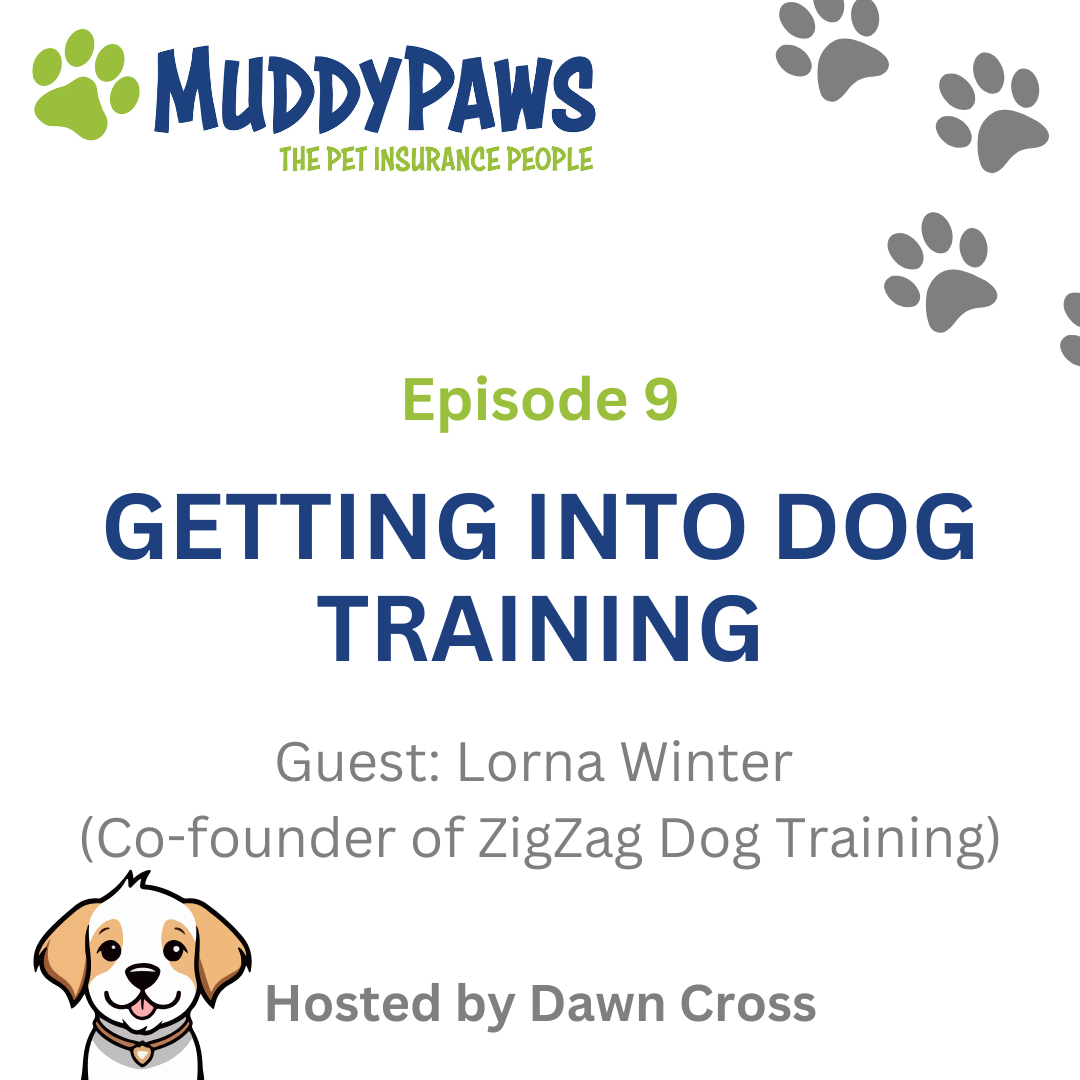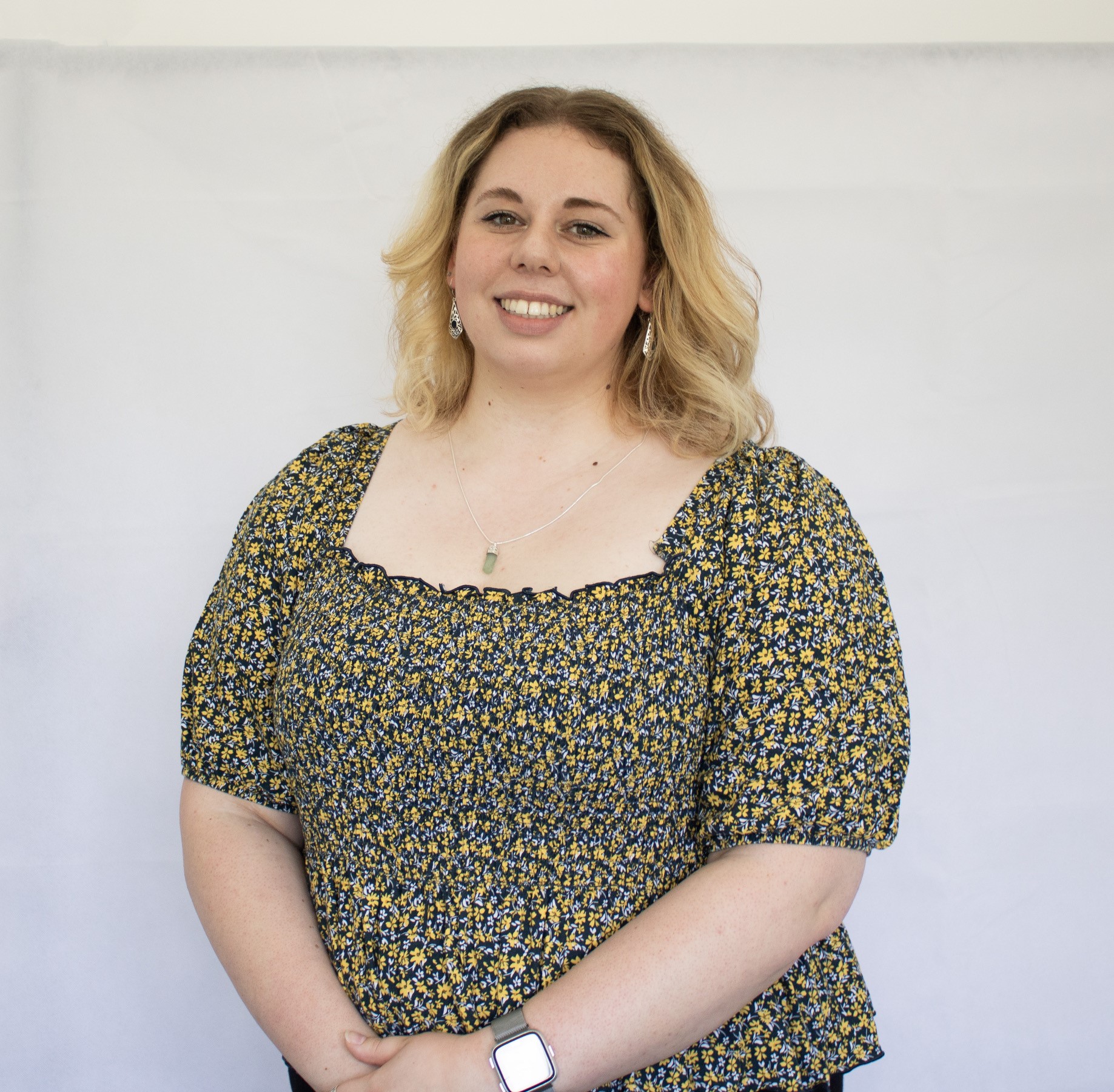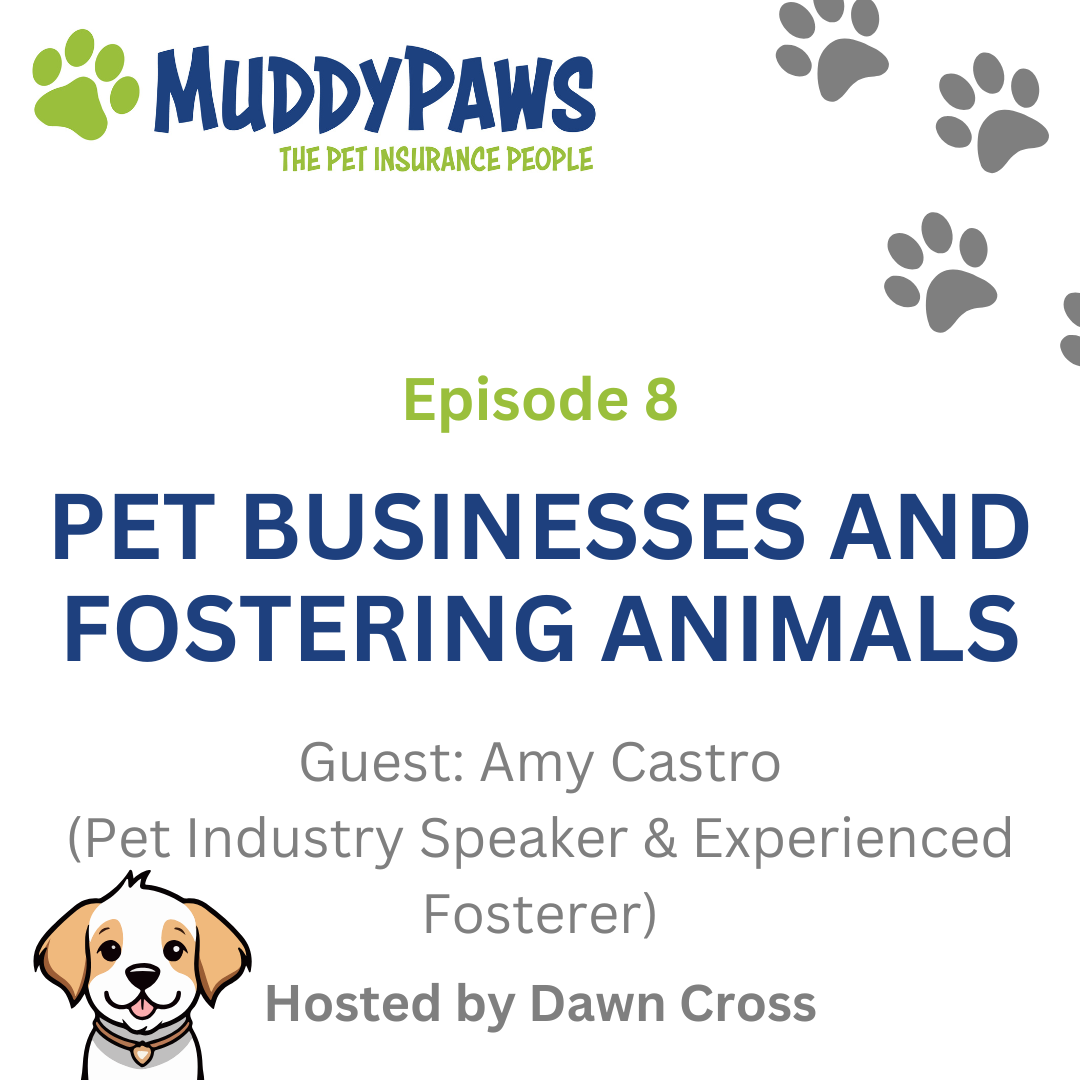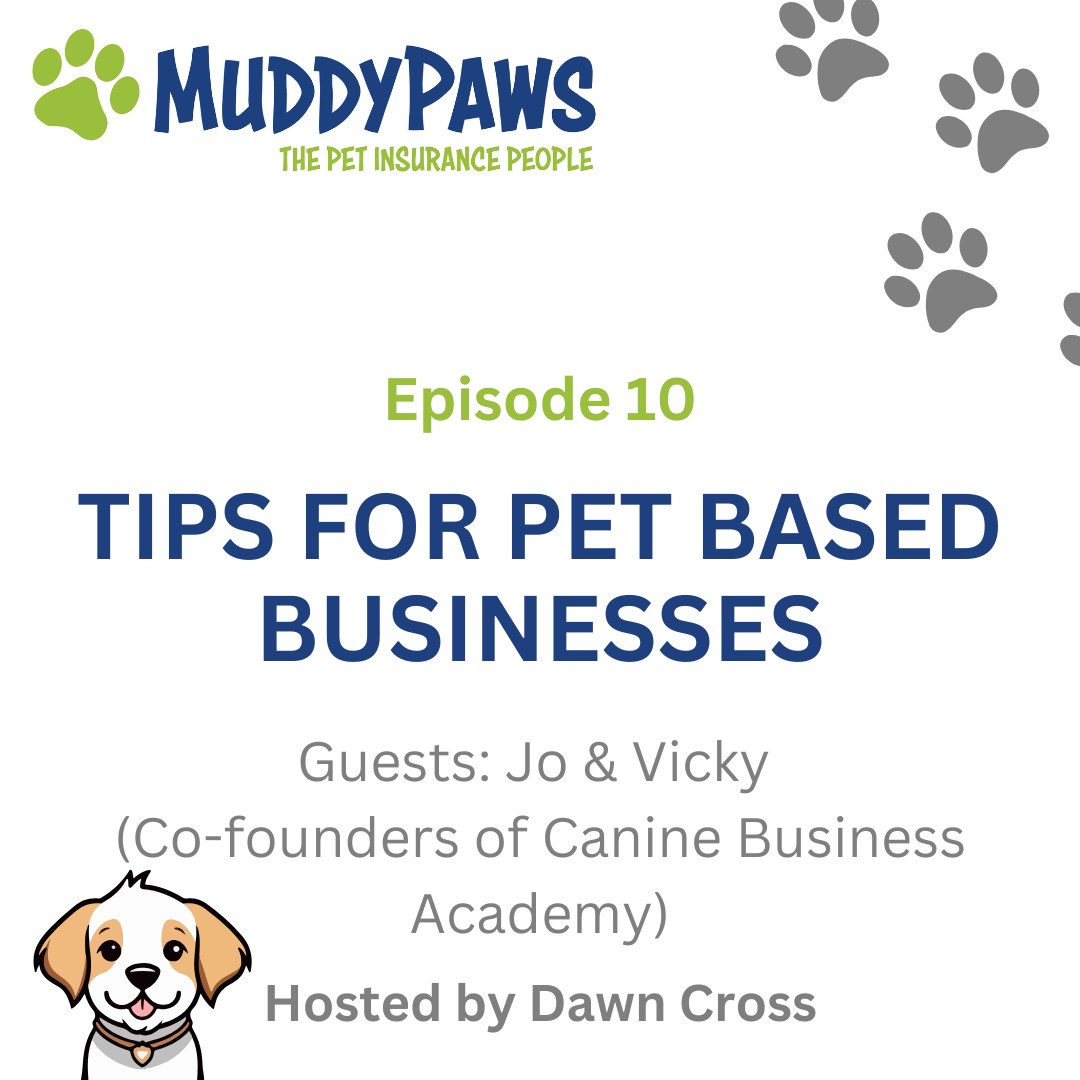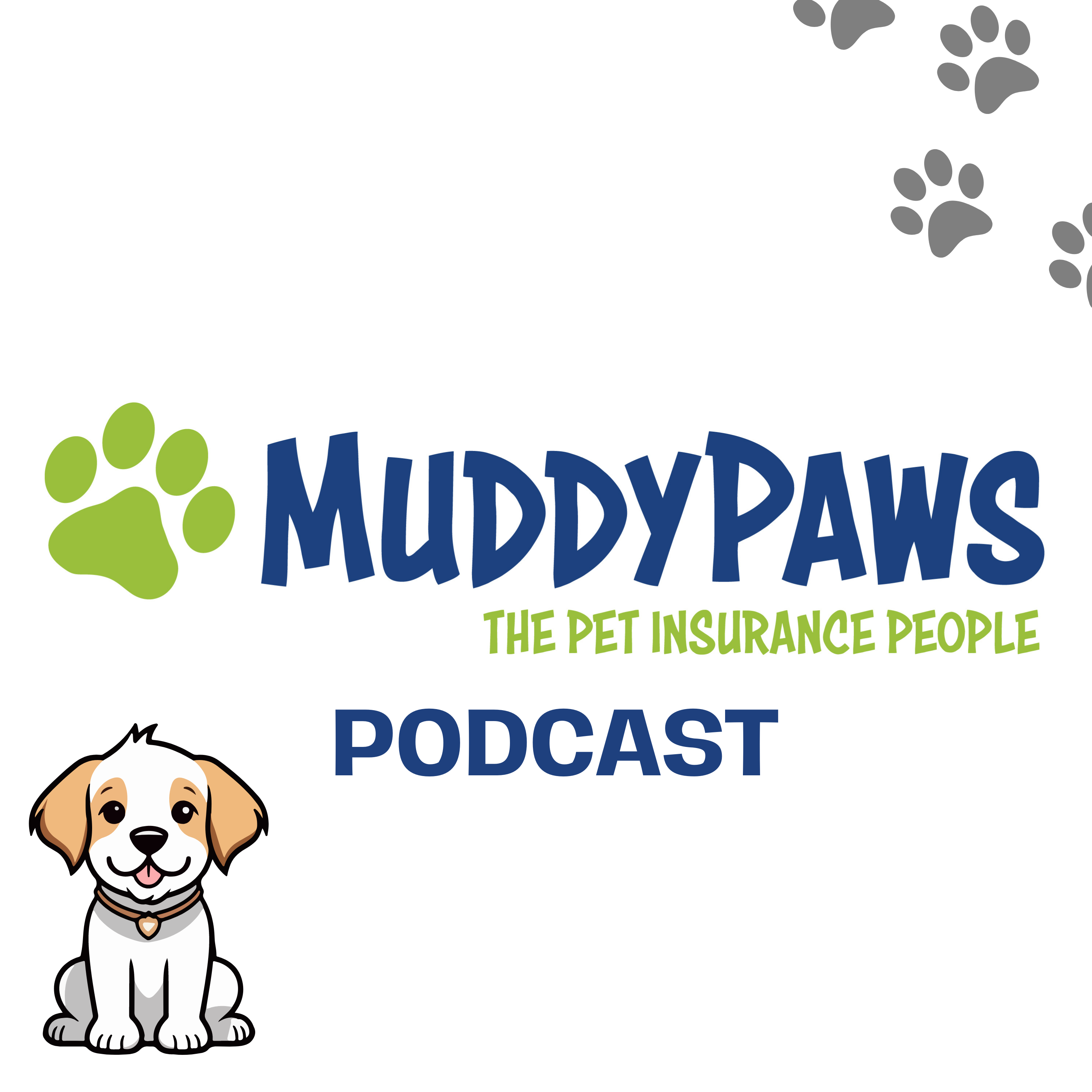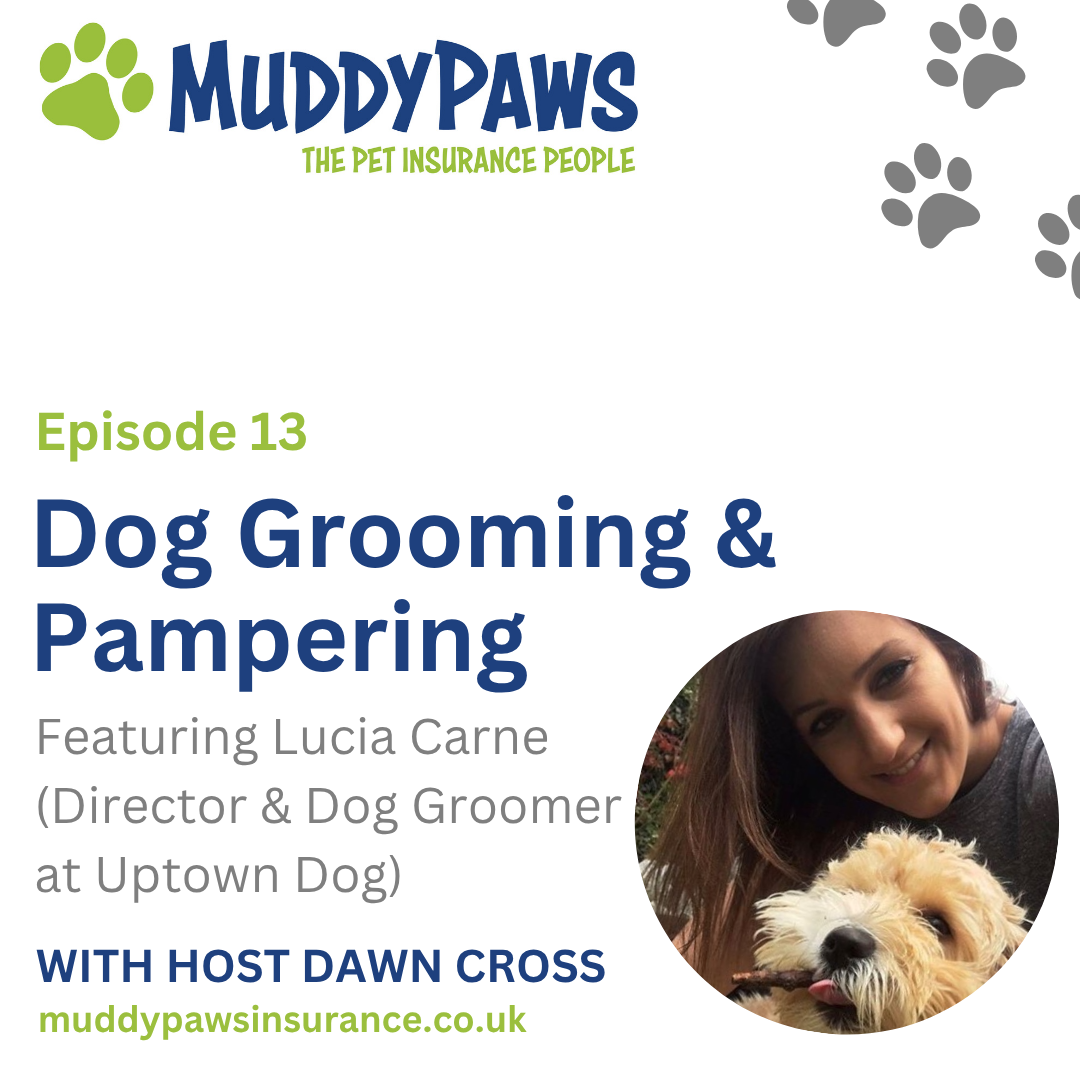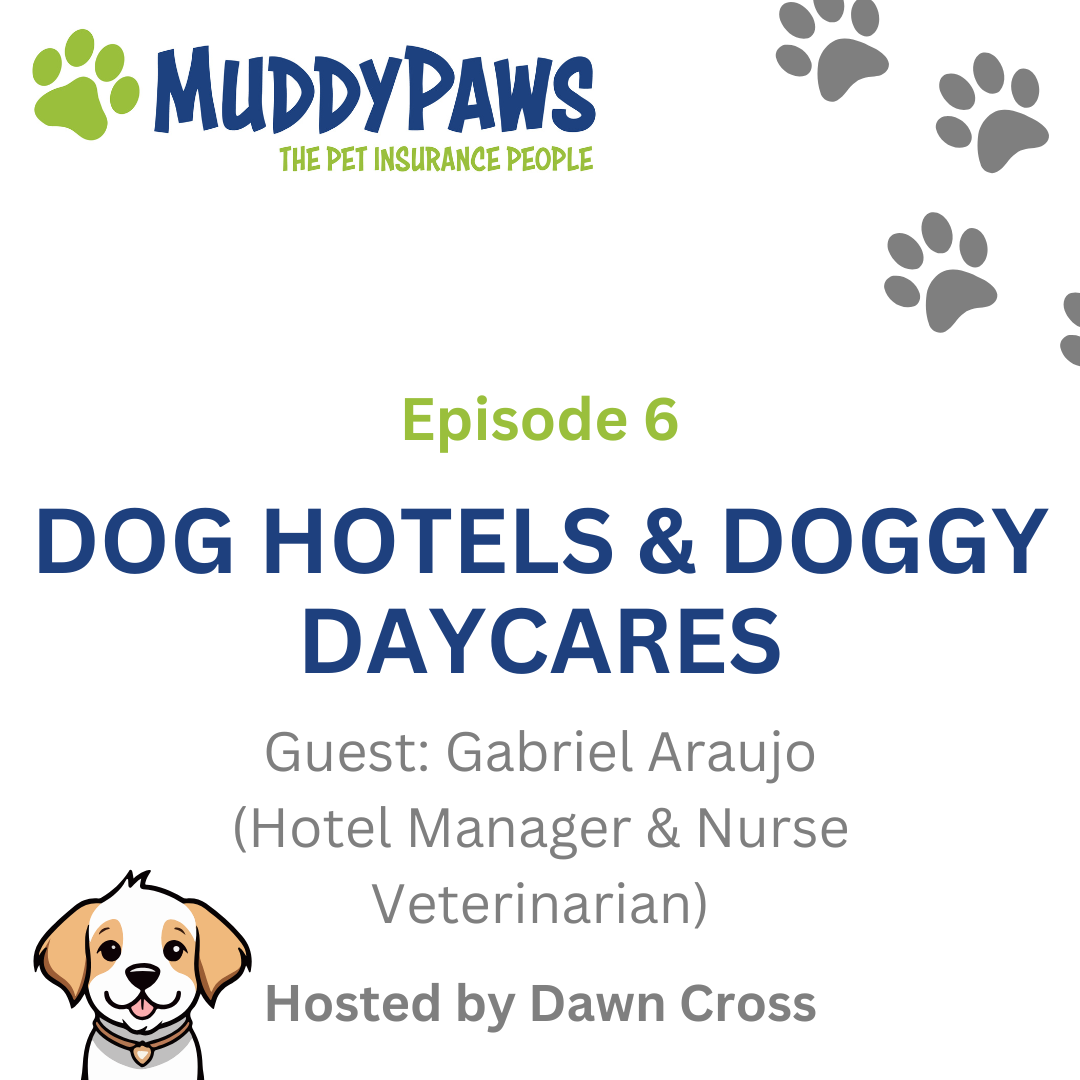Episode Transcript
[00:00:03] Speaker A: Welcome to the Muddy Paws Insurance podcast. I'm your host, Dawn Cross and today I'll be discussing getting into dog training with Lorna Winter, who is the co founder of Zigzag Dog Training App.
If you enjoy our podcast, make sure to leave a rating on your favorite podcast directory.
[00:00:23] Speaker B: So it's like a game to start off if you introduce yourself and what you do at your company.
[00:00:28] Speaker C: Yeah. So I'm Lorna Winter and I am one of the co founders of Zigzag alongside my other co founder who's Patrick. So my guess, my, yeah, my role there is predominantly what I have been doing is getting all the content into the app, writing all of that, adapting it, personalizing it, as well as working with training organizations, academia and just trying to build that, I suppose, holistic support for our users. So yeah, that's kind of what we've been doing, I've been doing to date.
[00:01:02] Speaker B: That's brilliant. So like, could you explain to me a bit more about the app then? What, what does it hold? What does it do?
What can users get out of it?
[00:01:11] Speaker C: So it's a, it's a training app that's there to really guide people on that journey of getting a new dog. And that could be a rescue dog that they've just got. It could be a rehomed adult dog. But obviously a lot of our users are downloading our app because they've got a puppy. So we do a lot of focus on puppy there and we start with even pre pup. So even before the puppy comes home, we're kind of getting people prepared for what is going to happen. I think some people are a lot more prepared than others, but even the ones that are prepared, it's still quite a life changing experience if you haven't had a dog before to come in. So we provide little guided foundation courses to get you started and that are all personalized by your dog's age and also by your dog's breed. And then it's also quite a dynamic program that kind of responds to your progress and what you're doing and how you're progressing. So we also have, alongside the foundation courses, we have other courses that you can choose. So if you finished your Puppy foundation course and your dog is going into that teenage phase, we have the adolescence course in there, all there, ready to help you, which is a very challenging period for some people that they really struggle with. And then of course we have our puppy coaches, our trained experts who are on hand 247 via the instant chat. So I have them around the world. So they're available at all hours of the day and night. And then we also have our, our new AI Ziggy. He also helps pick up the slack on, on some of the more basic questions. So really we're there to support people on, you know, that experience of bringing a new dog into the household, whether it's a different breed than what you've had before, whether it's a dog and you've never had a dog before, whether you've got cats that you need integrating with the dog as well, and children, we're there to support them through all of that. And I think, you know, there's so much information available on the Internet. It's how do you cut through all of that and know what is, what is good information and structured information? And I think that for me is the key point. Right? I mean I've been a, a trainer and behaviorist for coming up, 15, 17 years, something like that. And, and actually we're, we're seeing that things are almost getting harder for people rather than easier. And I think that's because it's information overload. There are lots of different ideas and thoughts on how to do things. At Zigzag, we use positive reward based, rooted in science methodologies, which obviously is not necessarily everything that's out there on the Internet.
[00:03:41] Speaker B: So.
Yeah, that's amazing. So how did like the concept come to be? Is it something you just thought, you know, what I really could have done with this when I started out having.
[00:03:50] Speaker C: A pet, I think where, well, where it came from is some colleagues and, and myself, we've been working in the industry for quite a long while. I'm chair of a training and behavior organization. So I, my members, trainers and behaviorists who deal with clients every day. And over the years we've just seen more people struggling with their pets, particularly their dogs. And a lot of it is because that basic education has just been completely missing. There's just not been enough focus on getting people educated about how important those early months are when you bring a new dog into the house, whether it's a puppy or a rescue dog, because you know, what you do at that point genuinely sets them up for life. And particularly with puppies, it's quite a small developmental window. So if you don't get things right during this window, it's a little bit harder work. If you, if you're going to try and do that later on, I mean, it's not that you can't do it. You can always teach an old dog new tricks that's, that's a myth that you can't. But it just, it's just much easier when they're still developing as puppies. And so seeing that situation get worse was just becoming really, really frustrating because we typically are then dealing with people further the line. And we were thinking, how can we stop this being a problem further down the line? How can we prevent this happening in the first place?
And that's where the idea came out and where we first started to think about, okay, there's a lot of information on the Internet, there's a lot of information in trainers heads, you know, and there's lots of books out there. But actually thinking about the way that people are consuming education and how they're living their lives, we felt that an app was a really great way to try and bring this train idea of training, I suppose, into their everyday lives and make it a bit more in line with how they're doing things in today's world.
[00:05:41] Speaker B: I would say that's amazing. So obviously I unfortunately do not have a dog right now, but obviously if it was I was a dog mom, what, what would be the benefit for me personally? Like, what would I get?
[00:05:57] Speaker C: So the benefit to you would be that you've got advice and guidance in methodologies that are proven scientifically to not only work, but to be the best from a dog welfare perspective. Because ultimately we know scientifically that having that a strong bond between the person and the dog, that bond is one of the most important things when it comes to the life that you're going to have with this dog. So if you can develop a really nice, strong, happy and emotionally connected bond through training, through play, through the other things that you're going to do, it's going to be much easier to go through life with that dog. So what we're there to do is to guide people in how to do that, how to build that bond using training. Because obviously there are certain aspects of safety that's involved on both sides of the lead when you think about keeping people safe, keeping the dog safe. So safety is where I would say most of the obedience type training comes in. But then the rest of it, I would say three quarters of what we do in the app is really teaching people how to bond with their dog through play, through enrichment, through teaching, really important life skills. It's one of the things I think people don't even consider. We have a lot of feedback on, for example, the sound lessons that we put in our app around fireworks and what don't necessarily think that they have to teach a dog to learn to get used to those things.
And luckily there are some great breeders who are doing a great job already. But there are obviously a lot of them that maybe don't think about that. So we're helping people guide, guide them on that journey so they don't have to think about what do I need to do and what do I need to know. We're going to put it all in front of you and we're going to guide you day by day, step by step on this is exactly what to do. So giving you three little things to do that take less than five minutes every day that you can just tick off and go, right, I've done that and I'm good. And then also there's that flexibility of if you've got a slightly older dog or an adolescent dog with a problem, we've got our library full of topics that you can come in and go, right, my dog is jumping up and that's a problem I need to fix. And so we've got that in the app as well.
[00:08:08] Speaker B: It sounds like, as well. It just takes a lot of the overwhelming part of it down, like several notches. So then it's like, like you're saying there's so much on the Internet, there's also misinformation on the Internet and there's certain strategies that maybe have worked for some people, but may not work for, like the general popular. So to have that all in one place, I think is absolutely amazing. And it just means that you're not too worried about it all. You can have it step by step. And yeah, like you said, it's also applicable for if you do have an adolescent dog or an older dog, because they, you know, I think they're willing to learn no matter what age they're at. Obviously they are more impressionable at a younger age, aren't they?
[00:08:45] Speaker C: Yeah, exactly. And I think you, you hit the nail on my head there. It was, you know, for us, it was when we were talking to people in the early days, it's that panic and that, well, we called them oh, shit moments that people would experience. And. And we see it so often through our puppy coaches that they're getting thousands of messages every week talking to our users day in, day out. And, and sometimes it's. I think it's that their expectations are so high of themselves and also sometimes of the dog and I. And I think they're unrealistic expectations a lot of the time. So you have. And unfortunately, this is, this is a side effect of social media and advertising and the, and the kind of convenience world that we live in. But you'll see adverts like, you know, toilet train your dog in three hours or in one day or, which are completely unrealistic and it puts too much pressure on the person and it puts way too much pressure on the dog. And I. What we're about, what we're really about is to say, look, you know, this, this is going to be a little bit of hard work, but let's have some fun along the way. And we're here to support you. And that's, and that's why we have our puppy coaches, because even with everything that's in the app, sometimes people just want to talk to someone and feel reassured that they're doing the right thing. And we can, we can say, look, you're doing everything right, just stick with it, you know, just relax a little bit and, you know, just enjoy the time that you have with your dog, enjoy the fun bits, play with them, cuddle them, you know, all those kinds of things. And don't worry about whether the dog can sit and stay and do all of that obedience type work until much later. Because actually, what's more important is you building that bond and learning about each other because that is going to be the foundation for all the other stuff that's going to come later. And I genuinely think that that's where we add the value is we can guide people and we can support people, but we also celebrate, I suppose, the oh shit moments and have a laugh along with them when those things are happening and allow them to kind of de. Stress a little bit, as you say, it's, it's incredibly overwhelming. There is so much information thrown at people and just having a new dog, I mean, I'm super experienced. I've had dogs all my life and I, I had a new dog last year and I literally couldn't think or focus on anything else for the first two months other than this dog. And it's, it's life changing. Even for someone who is really experienced, it is life changing. And so I think people are hugely underestimating the impact it's going to have on their lives. So if we can help that, any way, that's what we're about.
[00:11:10] Speaker B: That's great. I absolutely love that. I'd love to pick your brains. Obviously, you know, you see your chair of the second company as well. You know what kind of one piece of advice you would give to any dog owners listening, whether they're new, they're experienced, they're in the middle, that sort of thing.
[00:11:28] Speaker C: I think first and foremost, you know, take some pressure off yourself. I think the hardest thing is the pressure that they're putting on themselves. I have to fix this, I have to solve that or I have to do this, I have to do that. Dogs are very adaptable and I think sometimes a lot of the problems we're creating with dogs is because we're expecting too much from ourselves and too much from them. And actually if you just let nature take its course, in many ways it's almost better. Just enjoy that time, manage expectations. You know, if your dog isn't doing the sit in a day, don't worry about it. It's not super, super critical. As I've mentioned before, what is really important is the bond that you develop with the dog. And it has to be a bond that's built on safety and trust. So when we think about the core fundamental needs that a dog has from an emotional perspective, and these are inherently built into dogs safety and trust is critical. You know, that they feel that they can safely go to sleep somewhere and not be attacked or worried about any of that stuff that's so innately built into their genetics that a dog feeling safe and trusted in that environment is super important. So if you can build that kind of relationship, which is why we always say positive reward based is best. Because, you know, yes, you can put an electric shop collar on a dog and get a result, but that isn't building trust. That's breaking down a relationship. And that's going to cause you more problems in the future if you build that really nice, strong bond that's built on trust and, and you know, just making sure you kind of understand each other. I, I say that's the hardest thing. My new dog a year in and I'm still figuring out who he is.
We're not, we're not quite there yet. I still don't really know who he is and what I think is going on in his brain. And I have found that process immensely rem rewarding just figuring out who he is, what he likes, what he doesn't like. I think this is the other thing. You know, you have a Labrador, let's say, and everyone tells you they're supposed to be retrievers, so you're going to go off and chuck a ball and hope they, and bring it back and do retrieving games, but you might have a Labrador that really doesn't do that very well. Don't worry about it. It's not, it's not like an absolute tick box requirement. If your Labrador doesn't like to carry balls or bring things back to you, don't worry about it. Find out what they do like to do and engage them with that. So have fun. That's what I say.
[00:13:46] Speaker B: Yeah, I think it's really key as well. You know, you've got certain characteristics of certain breeds, but they're not always gonna, you know, it's like humans, we're not always going to fit in the same cookie cutter hole. I know the Labrador that absolutely hates water, but they're supposed to be water dogs, so it's like, you know, it just work. You just got to work with them. And at the end of the day, yeah, they do actually have personalities and the way that they do things, they might be quite cheeky, they might be quite kind of grumpy seeming or, you know, they're always going to be like a little kid at heart. And it's working with that instead of against that. The stereotype you have in your brain of how a dog should be.
[00:14:19] Speaker C: Yeah, and I think that's, I think that's it. I think every, every dog is an individual and also every family unit is individual. And then you put that together and that's even more unique. So thinking about, you know, what role is that dog going to play in your family and in your lifestyle, making sure you've probably got the right dog for your lifestyle and for what you want that to be, and then just working it all out together and forget what people say on social media, forget what people say the dog is supposed to be able to do or not be able to. You, you know, you, you work on that relationship together and you build the kind of life that suits you both from, from both sides. And as I say, if you've got a relationship where the dog is happy, the dog is safe, the dog is, it trusts you, you know, it is actually going to. The, the dog then is going to progress much more quickly in terms of its learning. So a dog that sleeps well makes more brain connections while it's sleeping. It develops those brain connections more.
So safety and trust also actually have an impact on brain development and learning in a very positive way. So. But I honestly, I think just spend time with the dog and get to know each other and what they like and what they don't like. And there's no set rules, no set rules at all. You know, I have a terrier that doesn't like to chase things, doesn't like to dig.
He's so unterrier. Like, it's. It's incredible. But that's who he is and he's very chilled and he's happy with life that way, so. And it's taken me a while to adapt to that because I've always had terriers that have been very terrier, like. So that's why it's been a bit more challenging for me to figure out what he likes and what he doesn't like, because he doesn't fit, I suppose, the norms. But that's. That's the nice part about it all, isn't it?
[00:15:59] Speaker B: Is.
[00:16:00] Speaker C: Is figuring it all out together.
[00:16:02] Speaker B: No, definitely. Is there anything else you'd like to add or any last bit of advice before we wrap up today?
[00:16:09] Speaker C: I think, yeah, I think I would just say enjoy the experience.
It can be overwhelming, it can be stressful, but it also should be rewarding and it should be.
And if you feel that it's not, maybe just take a step back and think about, am I putting too much pressure on myself? Is there. You know, I think people worry about that external pressure. How does it look like other people looking at me and my dog? Don't worry. Don't worry about it. Just. Just focus on that relationship, building that relationship and enjoying the time that you have together.
[00:16:38] Speaker B: Definitely. Well, thank you so much for coming on today.
[00:16:41] Speaker C: You're very welcome.
[00:16:46] Speaker A: Thank you to my guest today, Lorna, for chatting about her training app and advice for start to train your dog, whether they're young or old. If you'd like to know more about the Zigzag dog training app, please click the link in the description.
I have been your host, Dawn Cross, so make sure to click follow for more episodes.
